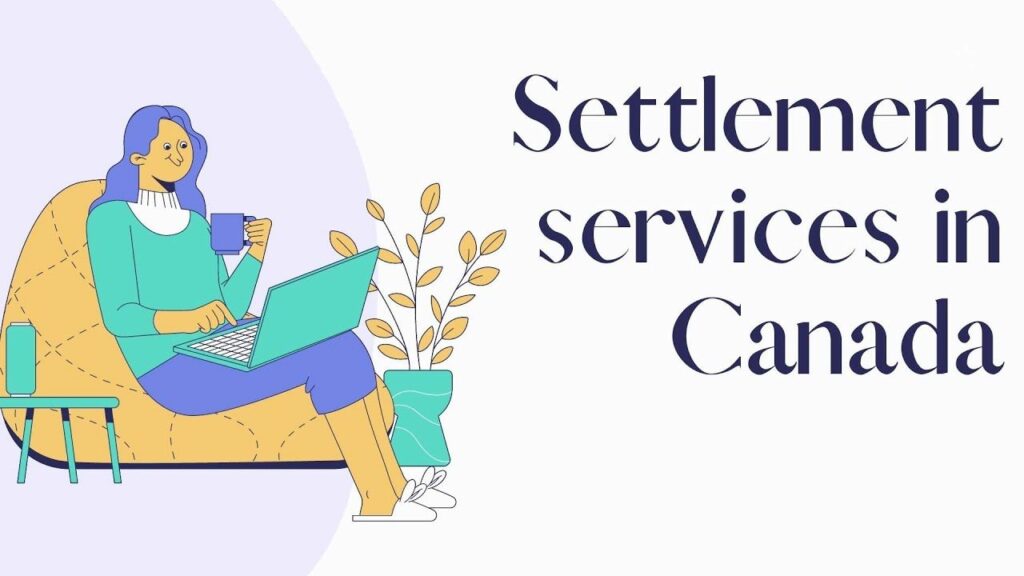Government-funded settlement services have demonstrated most newcomers serve in Canada, but many do not know how to profit from them.
Immigrants can use both Immigration, Refugees, and Citizenship Canada (IRCC) and Quebec’s Ministry of Immigration, Francis, and Integration (MIFI) for newcomers even before arrival.
How to obtain settlement services before arriving in Canada?
Multiple layers of government-financed settlement programs can aid you even before you arrive in Canada. The IRCC mentions approximately 1,259 on its website. These pre-arrival services are available to approve permanent residents outside Canada and not temporarily coming.
IRCC provides services at the federal level to help you prepare for living in Canada. Personal services are given in China, India, and the Philippines, although most have gone online due to the pandemic. These agencies assist you in obtaining information on Canadian living, including healthcare, housing, and transportation. They can also recommend you, based on your needs, to specific community services.
IRCC also has a list of services to assist you in the preparation of your job in Canada. These tools might help you in Canada acquire a job, write a resume, and recognize your credentials. Some industrial resources are also available for architecture, engineering, trade, finance, technology, construction, nursing, and more.
In addition, the federal website includes links to provincial settlement programs.
Settlement Services Tool in Canada that helps you settle faster
IRCC also offers an internet tool to help newcomers identify programs that match their individual needs. It does not list Quebec’s settlement services since it has its immigration system and tools, such as a French search tool for settlement services. However, it does give a provincial page that includes the resources for future Québecers for settlement.
What types of settlement services is available in Canada?
The many service kinds can be divided into six categories:
Translation, childcare, transportation, and other support services. For those facing difficulties in accessing the IRCC settlement programs, they are highly vital. Some folks wouldn’t be able to benefit from settlement services without them.
Need evaluations to let immigrants understand the resources they need to support and how they can get to their settlement path. Only approximately 23% of customers use these services, but the IRCC report says that if more immigrants use them, it helps them connect better to services. It would also provide IRCC a better grasp of the needs of newcomers, the paper added.
Information services provide IRCC customer settlement information. Although most settlement service customers report receiving information from friends, settlement service providers are the second most significant source of information. The Internet was the largest source of information among non-customers, while it was the least used source for customers.
Language training assists immigrants in developing language abilities. Language instruction is the central part of IRCC’s budget. It is a critical area for the success of immigrants in Canada. Not only does it assist immigrants to acquire jobs and connect with locals, but you also need to have at least an initially competent level of English or French to be eligible for citizenship.
Employment services assist immigrants in getting ready to work in Canada. Long- and short-term services include job placements, mentorship, licensing, training, networking opportunities, job search and matching services, and job counseling. About 78% of users indicated that these services helped prepare them for the labor market in Canada; however, employment services were the lowest in any settlement service between customers.
Community programs assist immigrants to get together with friends and participate in local activities. After job services, the second least of all programs was the community services. Some 60% of individuals who used them through community organizations reported meeting their close friends. Both IRCC settlement services customers and non-clients reported almost identical engagement rates in community activities. Most participated in religious activities, next school or municipal, cultural, and ultimately sports and recreation.

